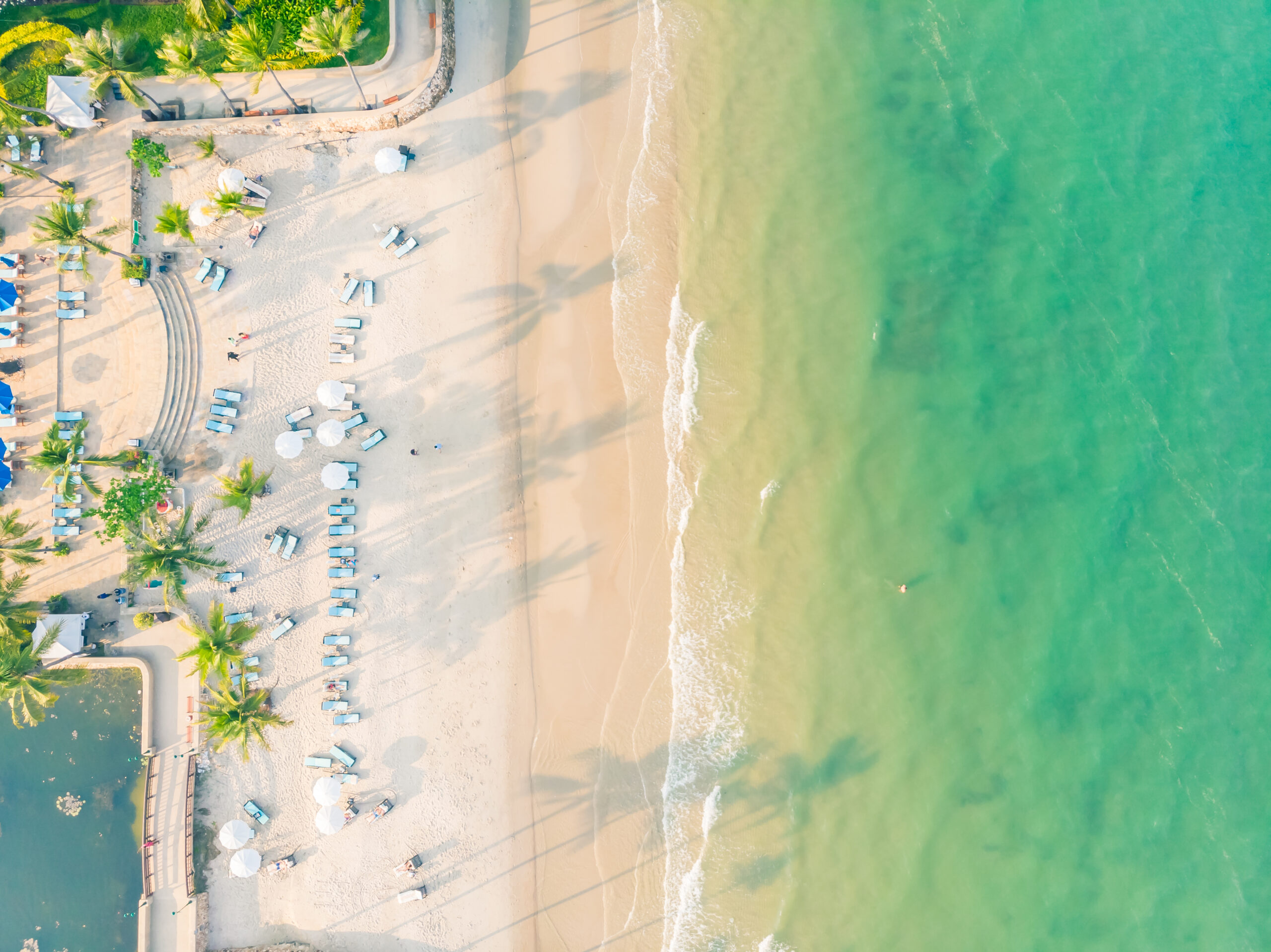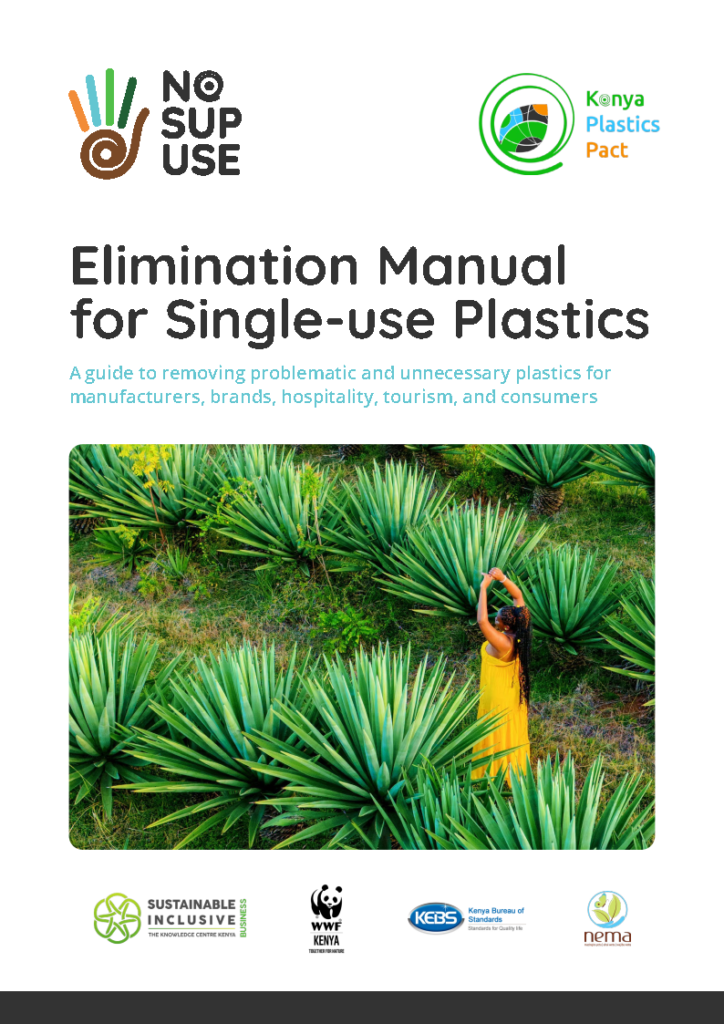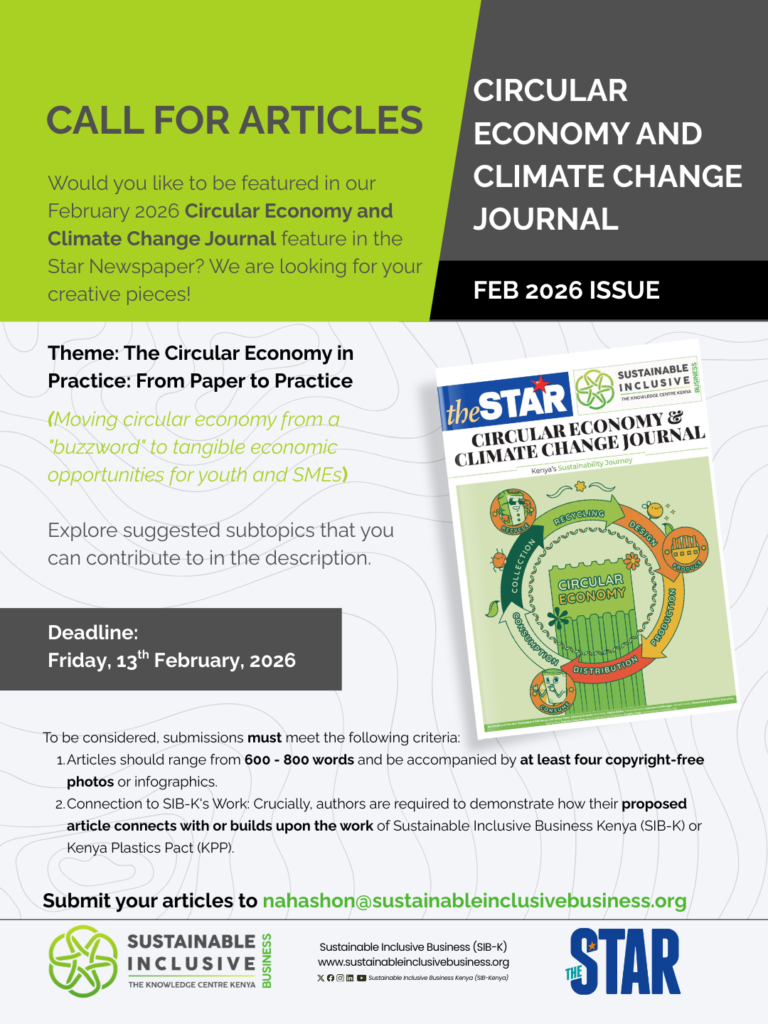The COAST Project Phase I and II
The COAST project (Phases 1 & 2) aimed to support women and youth in Mombasa County, Tudor Moroto, to create opportunities to generate income through sustainable trade. The project, led by the Sustainable Inclusive Business, empowered women and youth by harnessing their entrepreneurship skills and enhancing access to financing by linking entrepreneurs to financial institutions. It adopted the circular economy model to support entrepreneurs in establishing businesses that aim to present solutions in waste management and use waste as input for production. The project successfully trained over 200 youth and women in Mombasa on coastal and marine conservation and the waste-to-value concept. This comprehensive training included socio-economic empowerment, Financial Literacy, Business Management, and Product Marketing, among other things. The aim was to equip the trainees with the necessary skills to start micro and small businesses based on sustainable waste management models that protect the marine ecosystem, a testament to the project’s success.
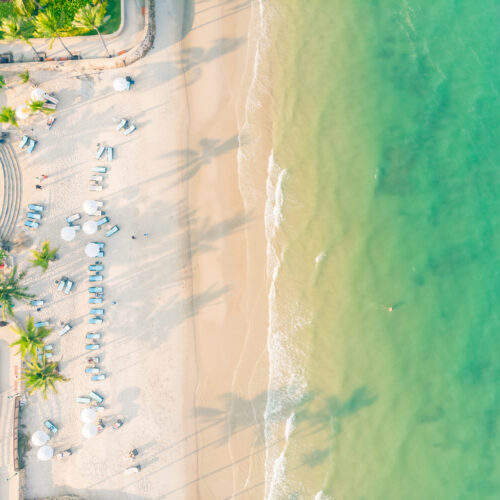
Project Objectives
The project’s main objective was to support the development of a waste stream-specific road map and pilot project for the circular economy in Malawi.
The main project objective is to significantly improve the sustainability of the environment and marine coastal ecosystem by reducing the disposal of plastics in the Indian Ocean, a crucial step towards a cleaner and healthier future.
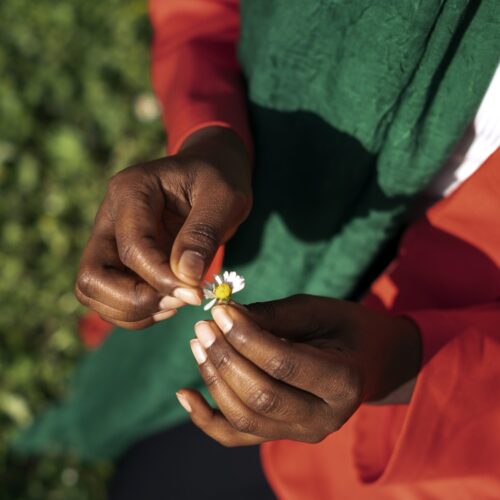
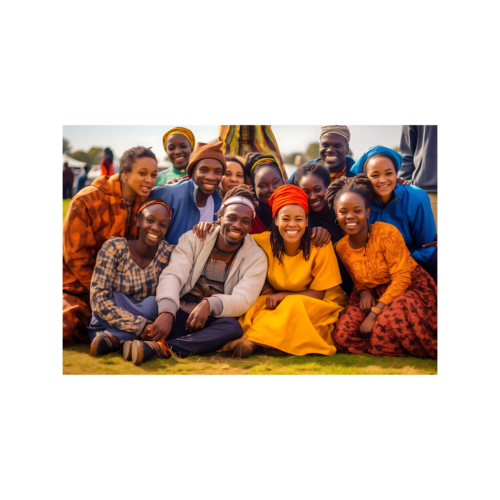
Target Groups & Impact
Target Group(s): Women and Youth in Tudor Informal Settlement, Mombasa County.
Impact:
- 19 businesses related to waste management have been created through the training, from which 13 were awarded seed funding from the project. These businesses target to collect, sort, recycle, re-purpose and refurbish different forms of waste to create a sustainable income.
- Enhanced skills in business management and financial literacy by 5%.
- About 150 households in Mombasa were sensitized to segregate waste at the household level. This went a long way in spurring a circular economy and environmental sustainability in Mombasa County.
- Better waste management within the area was achieved due to increased awareness and adoption of waste separation at the source and an appreciation of the importance of marine and ocean conservation efforts.
- Increased employment opportunities for youth and women by 3%.
- Installation of a waste receptacle at the Manyimbo Estate and separation bins at the MaryCliff Primary School, both in Tudor Ward, a crucial step in bridging the gap in waste management infrastructure to actualize the concept of waste separation.
- A successful Coast Fair for Sustainable Waste Management, an exhibition bringing together waste collectors, recyclers, manufacturers, and youth and women groups engaged in waste-related businesses to exchange knowledge and experiences.
- Increased access to financing for entrepreneurs in the informal areas.
- Enhanced linkages with the county government of Mombasa, departments charged with waste management, existing partners, businesses, and enterprise development to promote a sustainable model to combat marine pollution.
- A community of good practice ambassadors in their communities reached through communication outreach activities, including mainstream media, social media, storytelling through video documentation, articles, workshops, clean-ups, and activations, among others.
Funding Partners: The Government of the Republic of France, through the French Embassy in Kenya, provided financial support for implementing the COAST Project through the PISSCA Fund.
Duration: 2020 to 2022.
Contacts. You can reach us at pracksidis@sustainableinclusivebusiness.org

